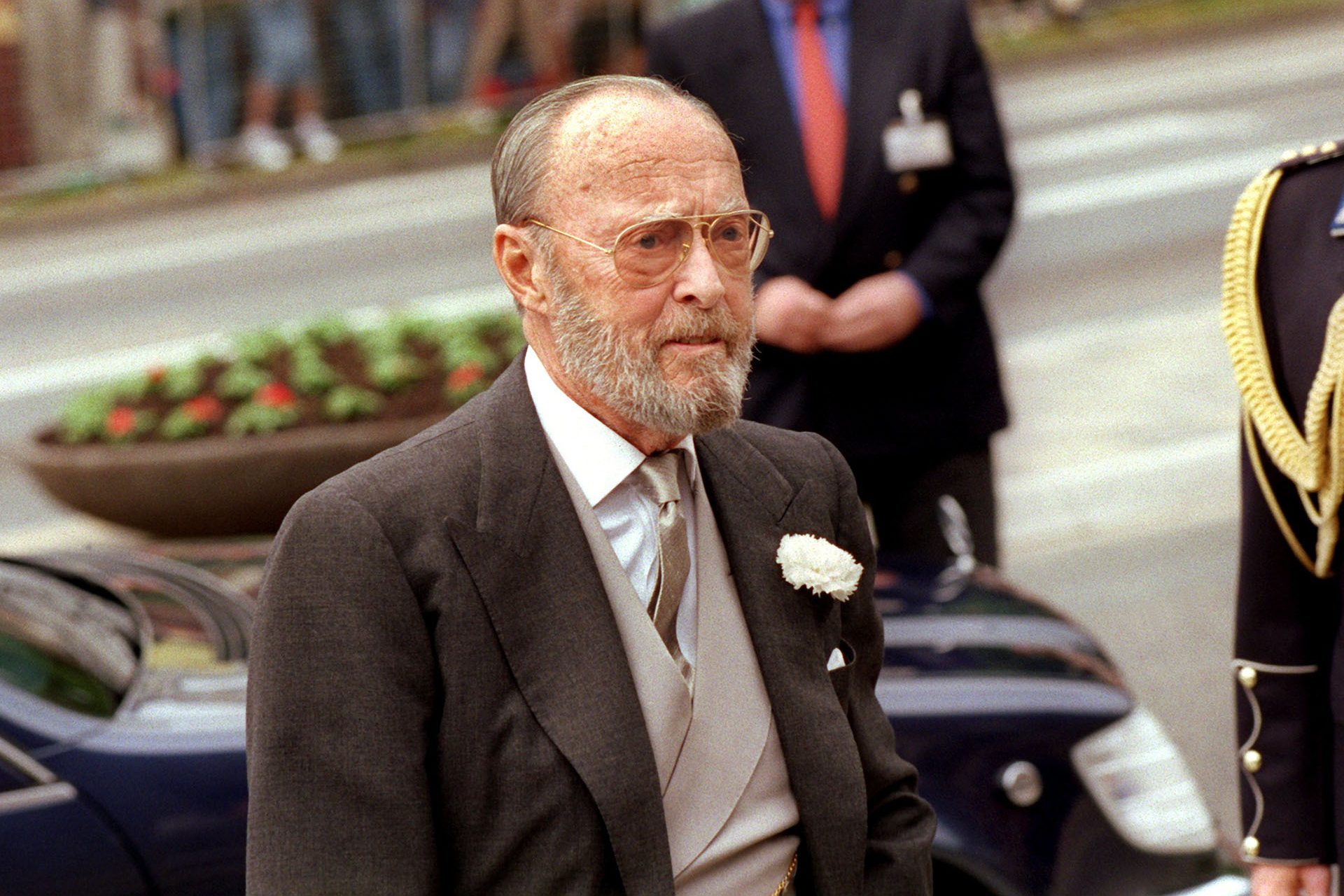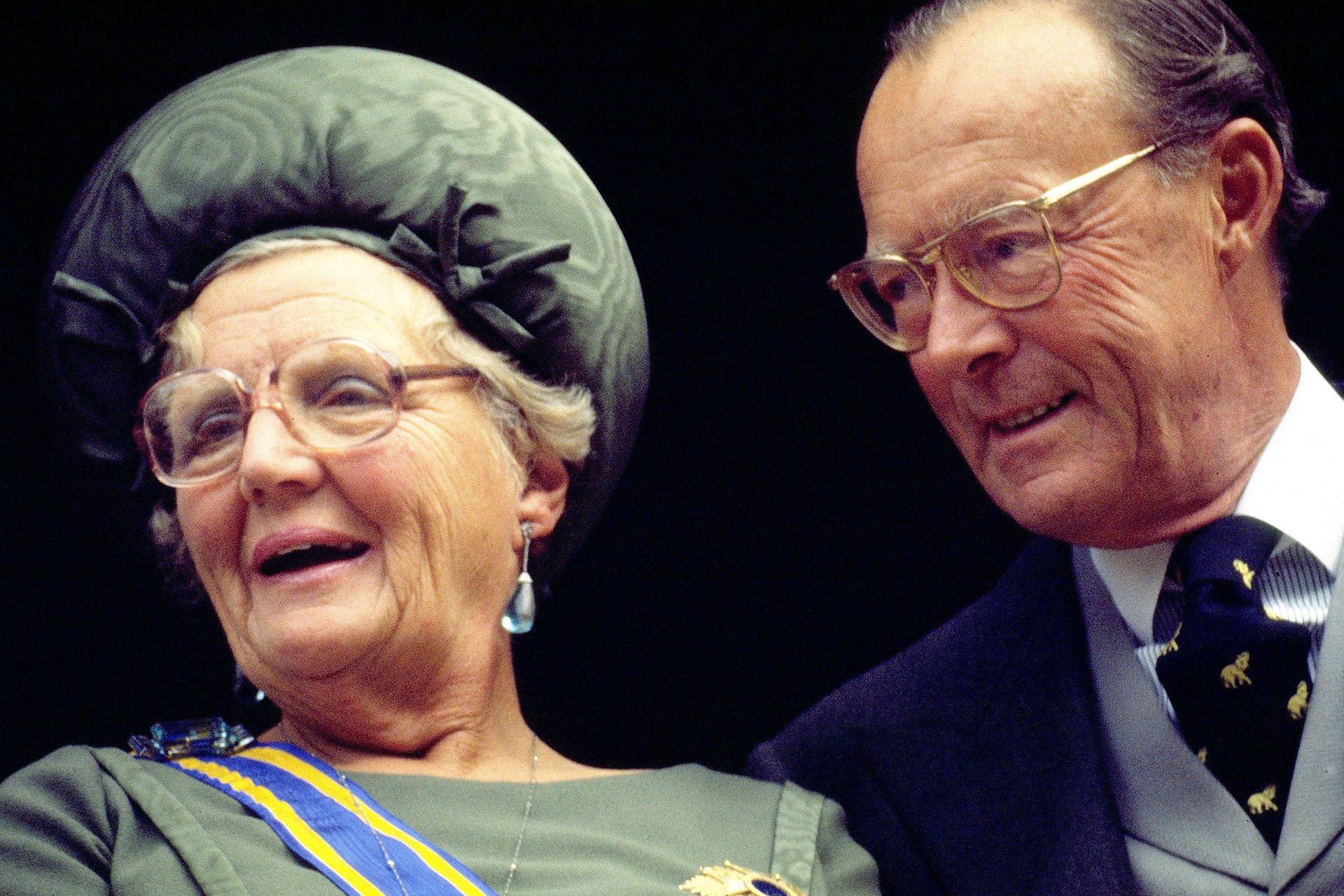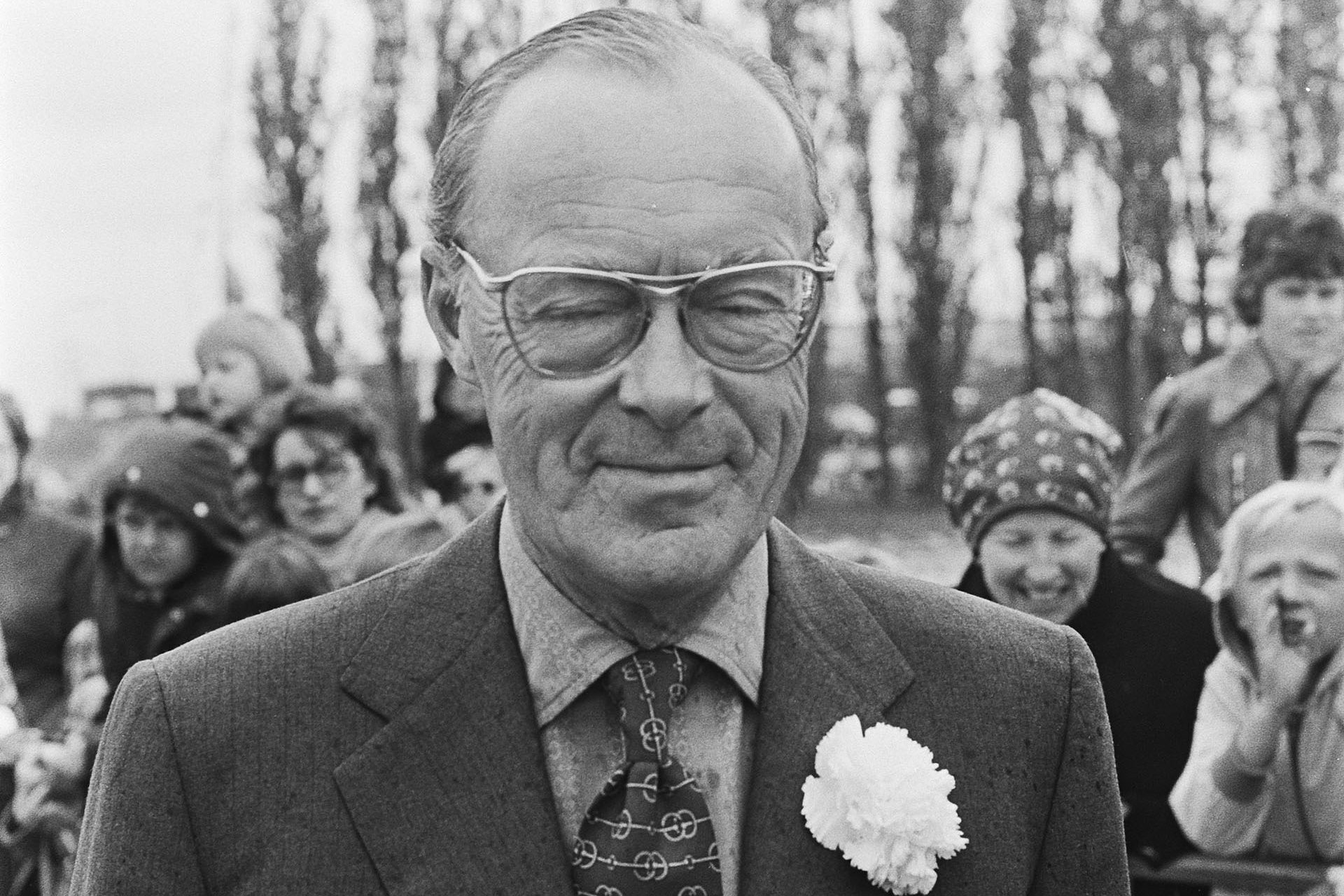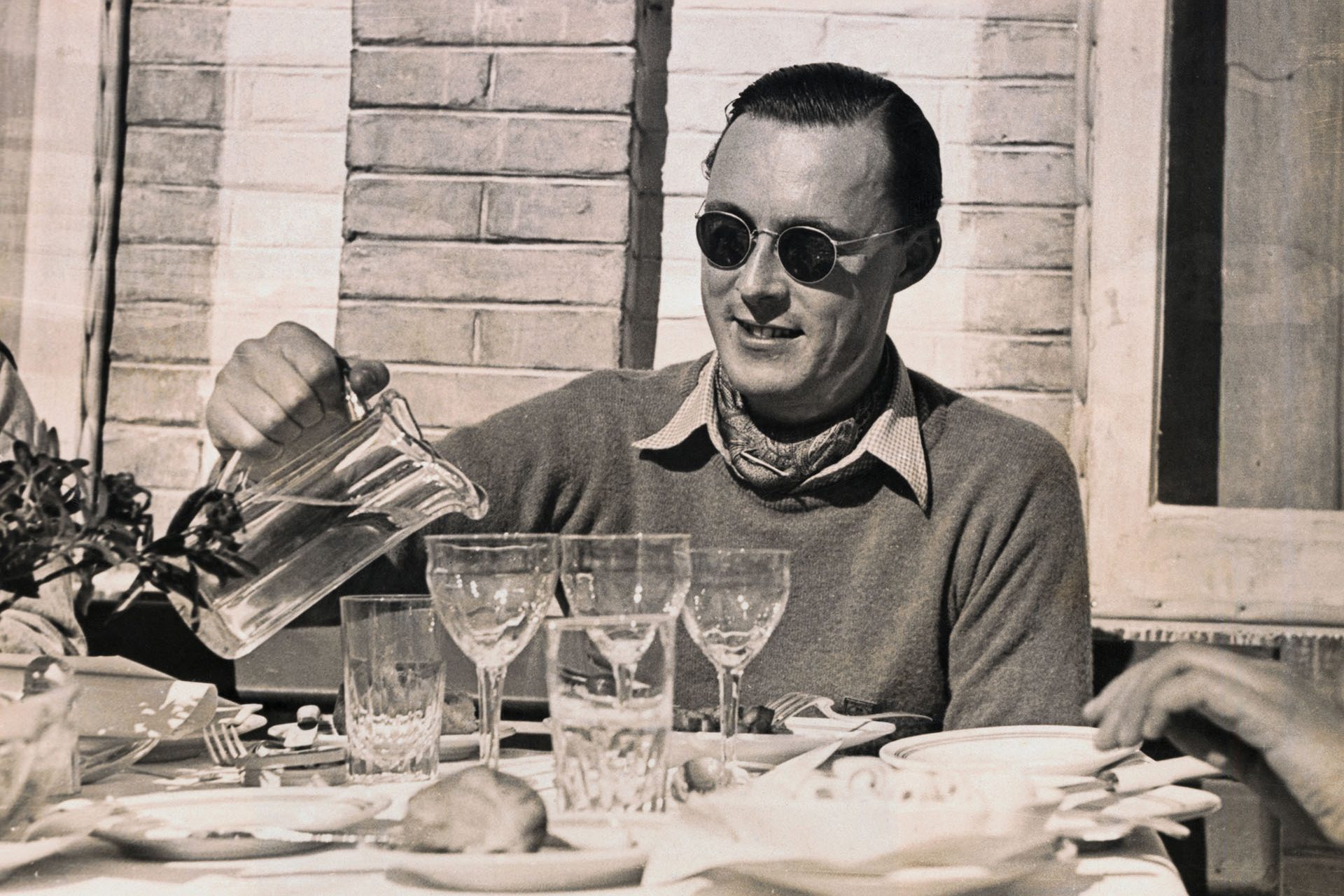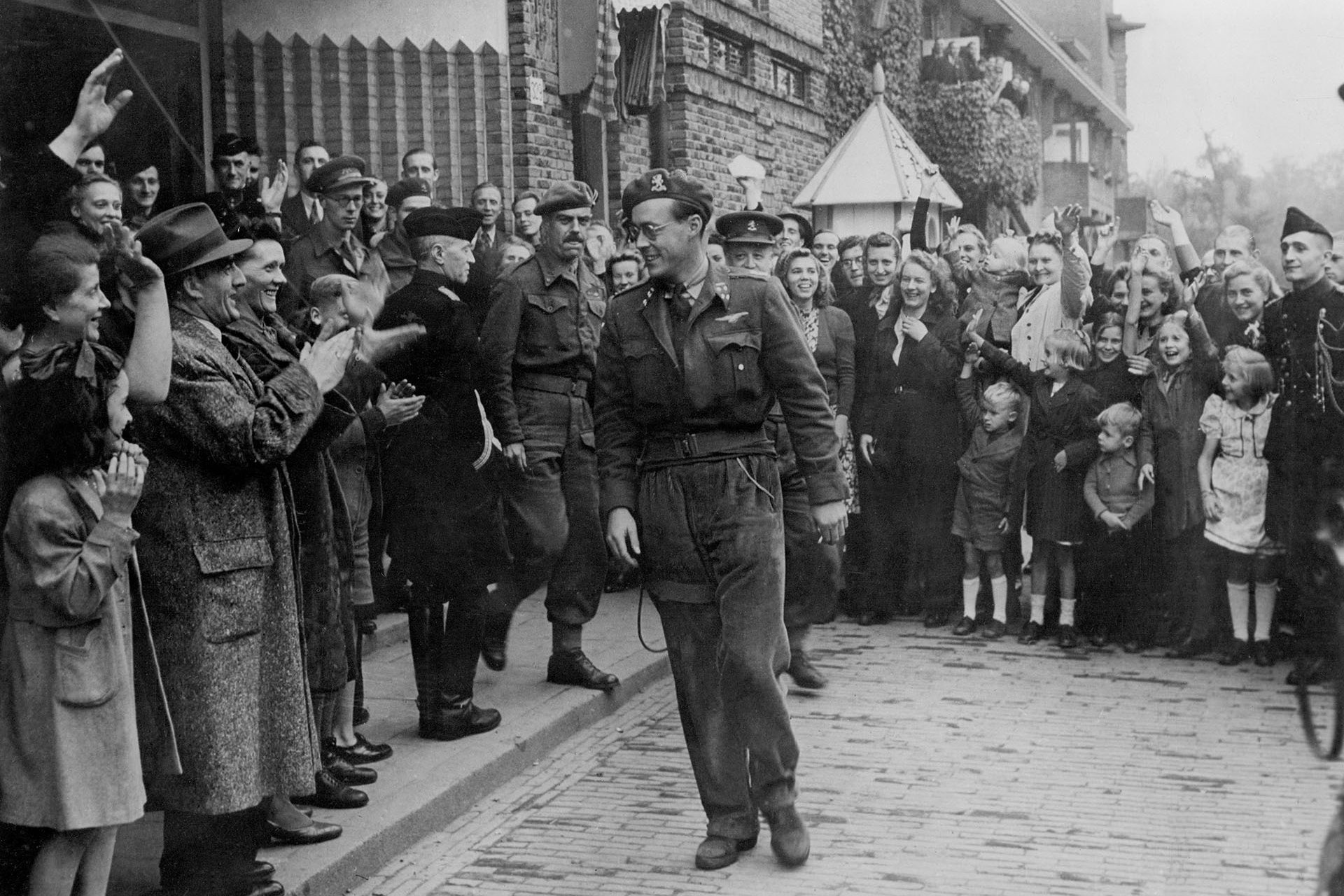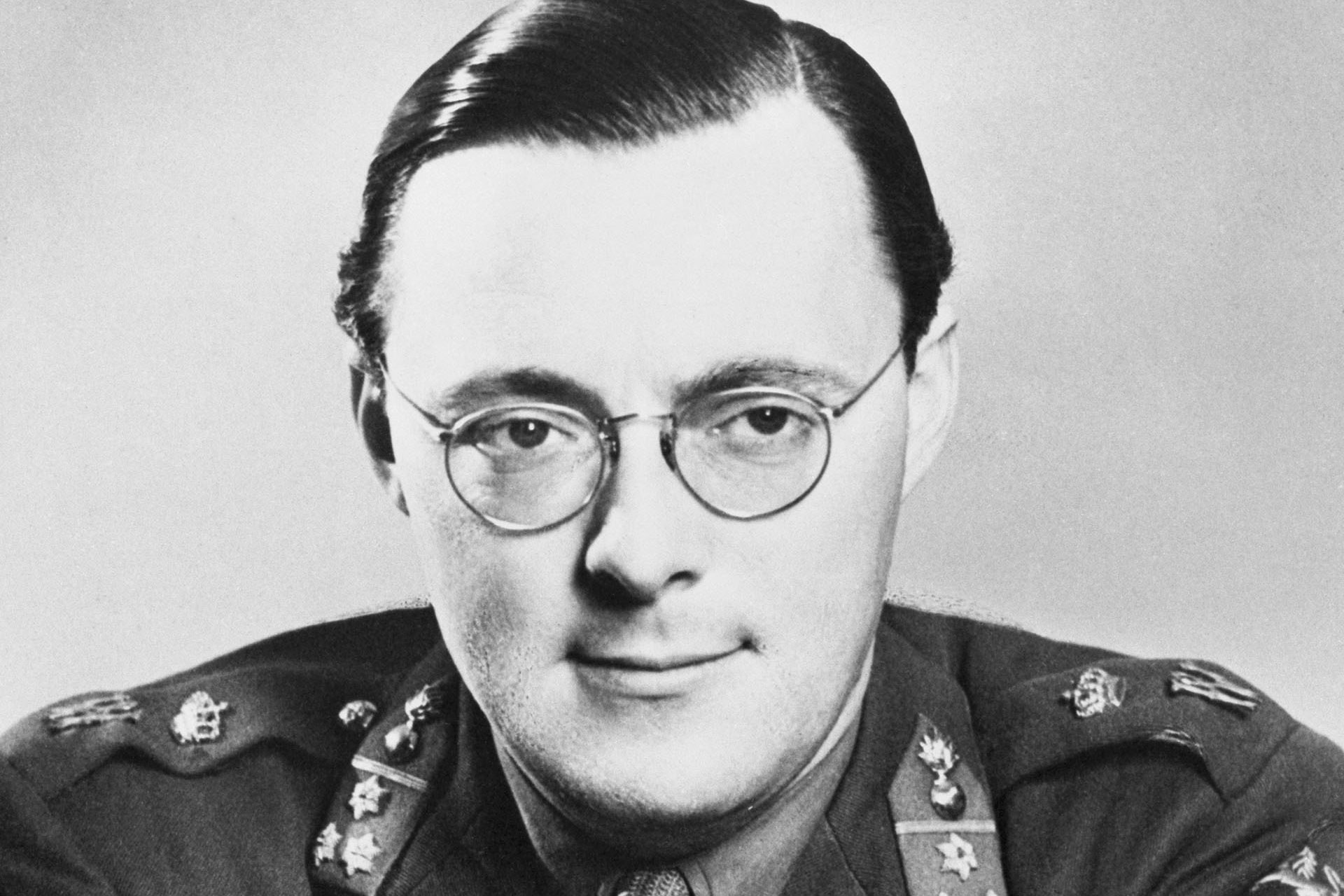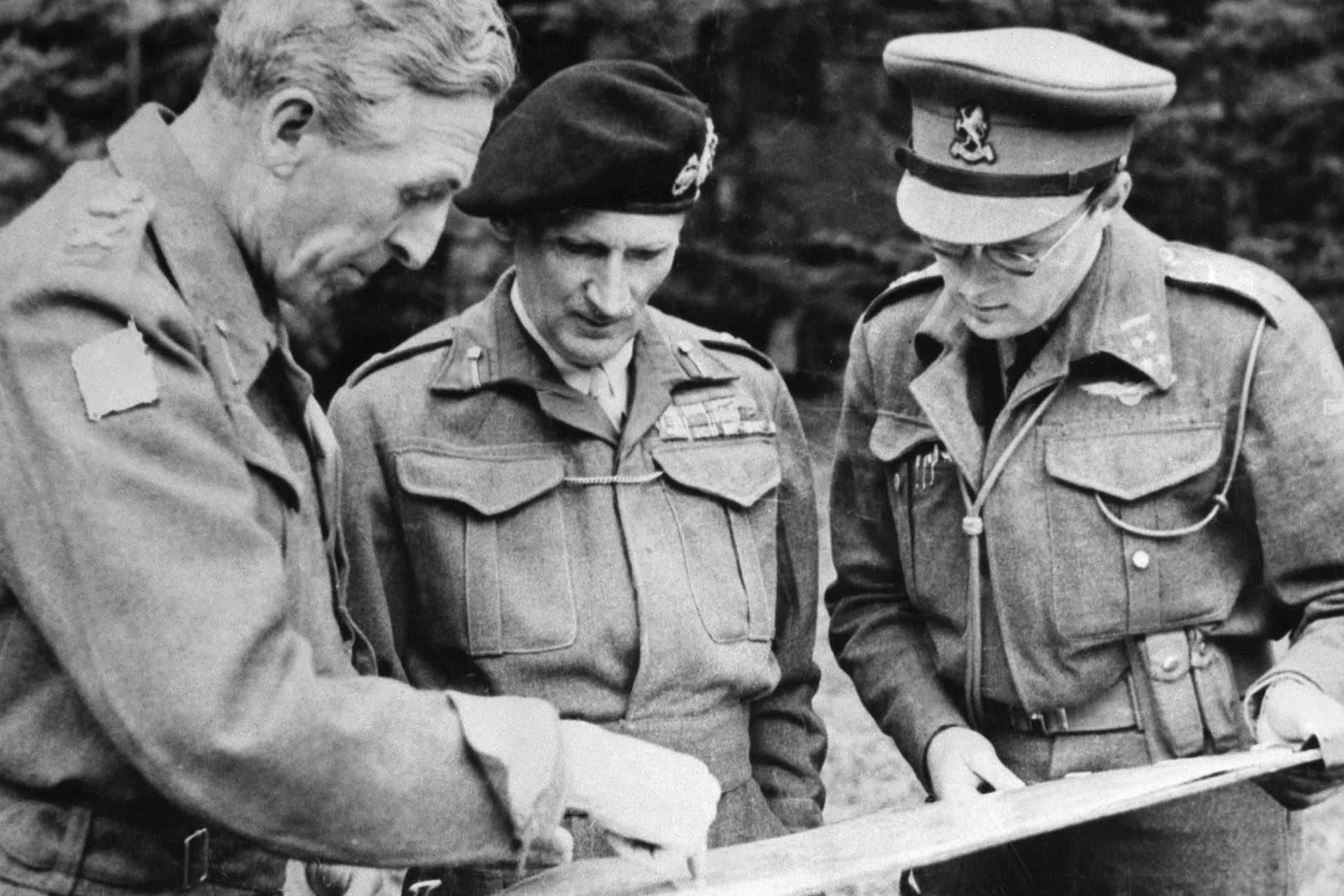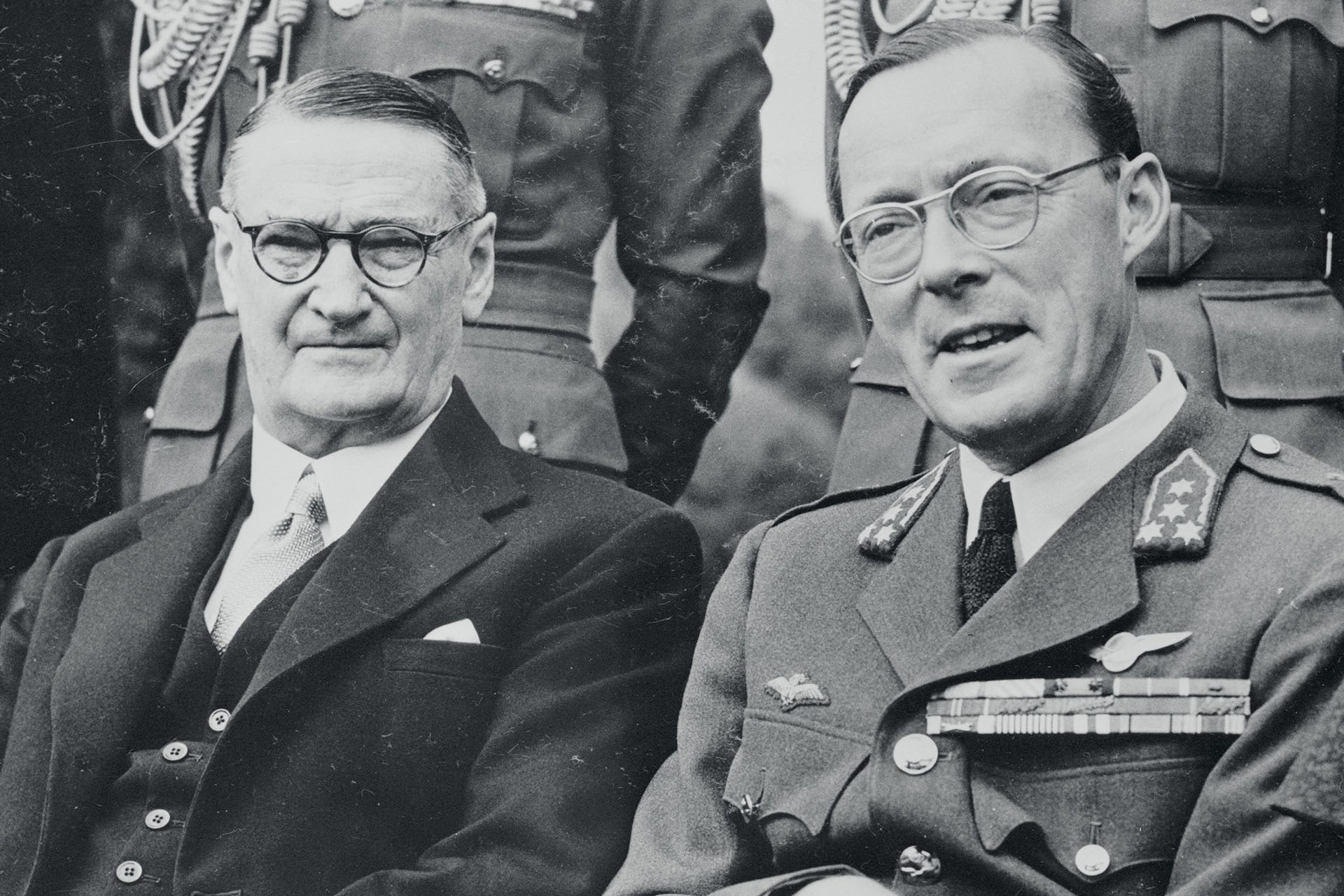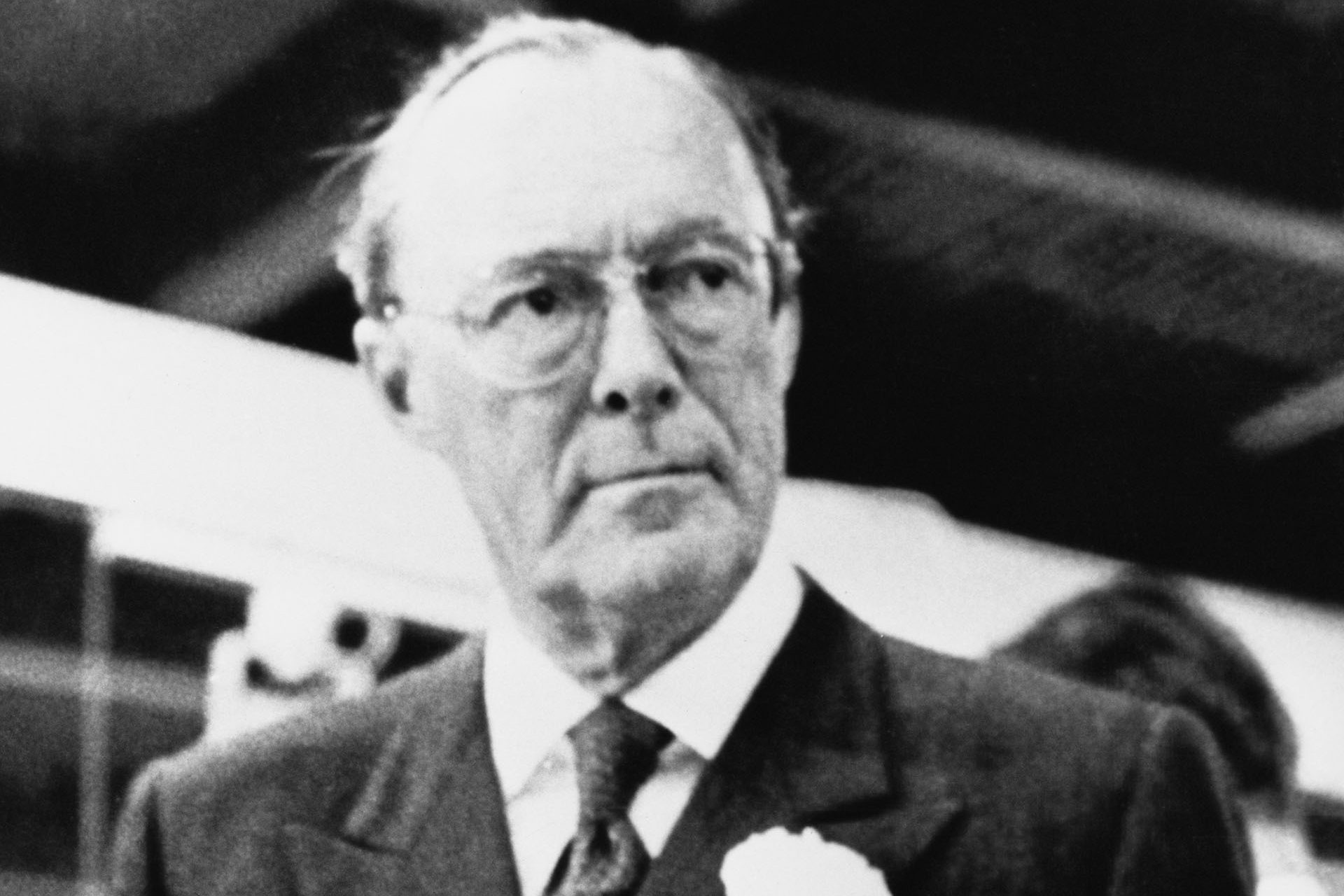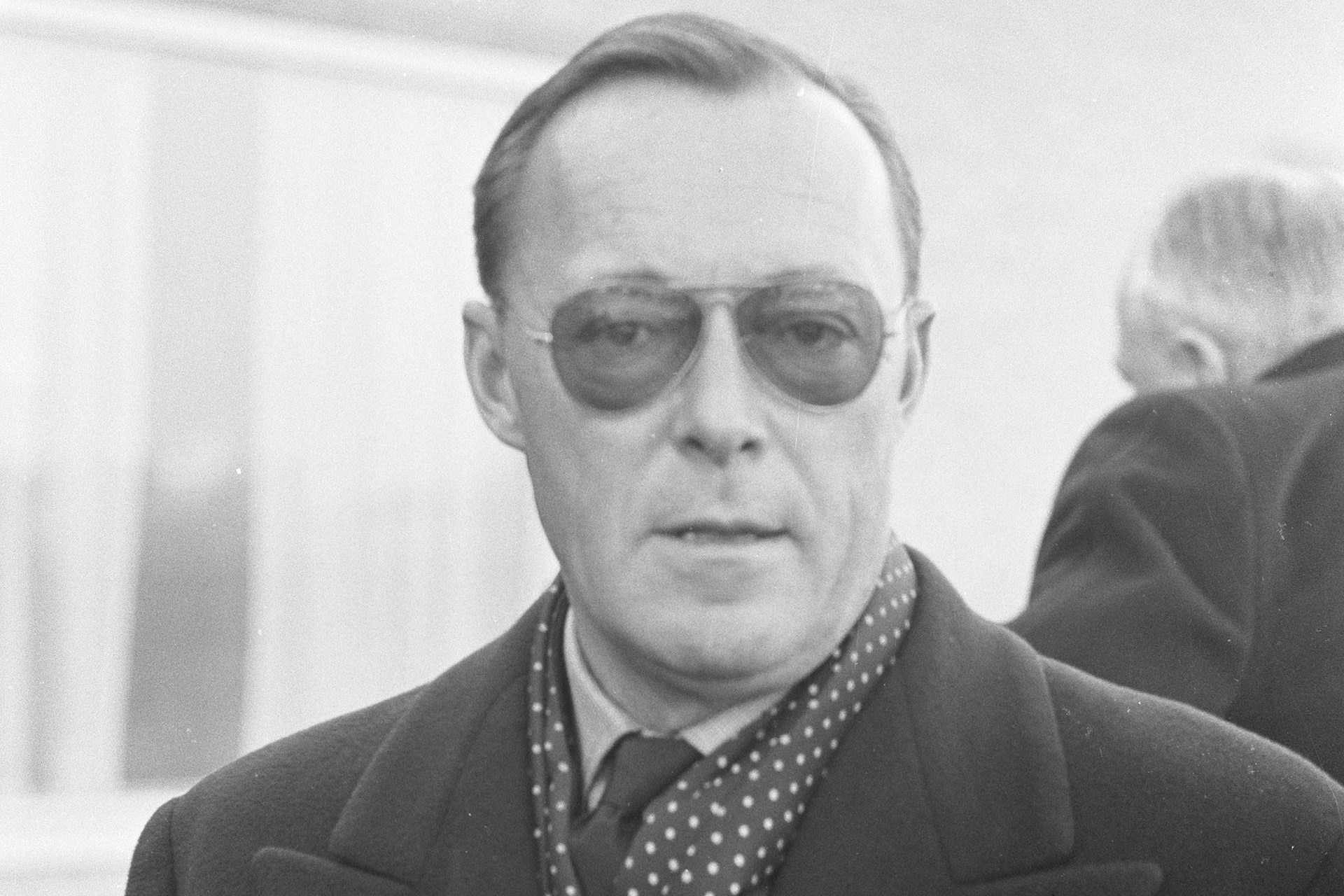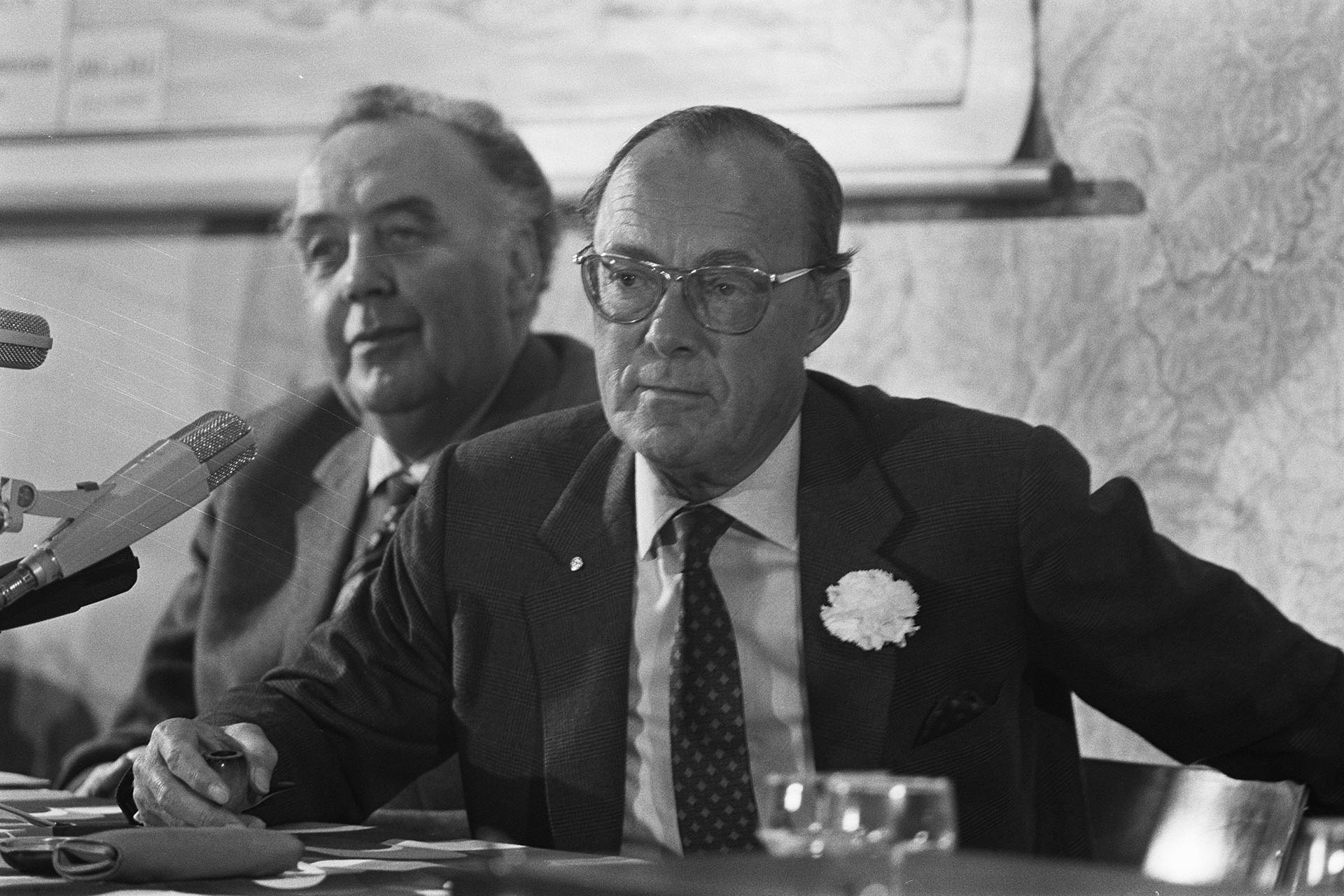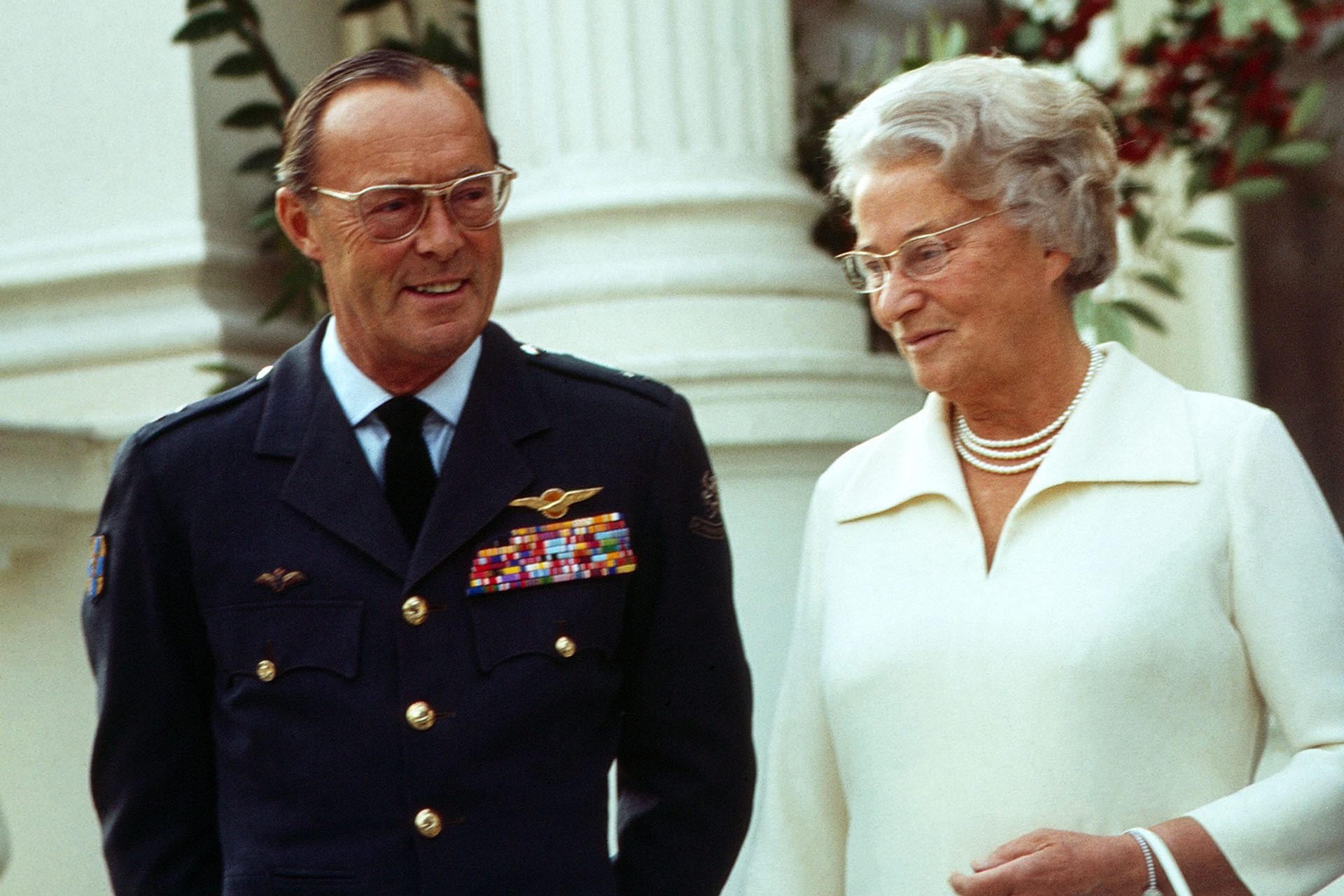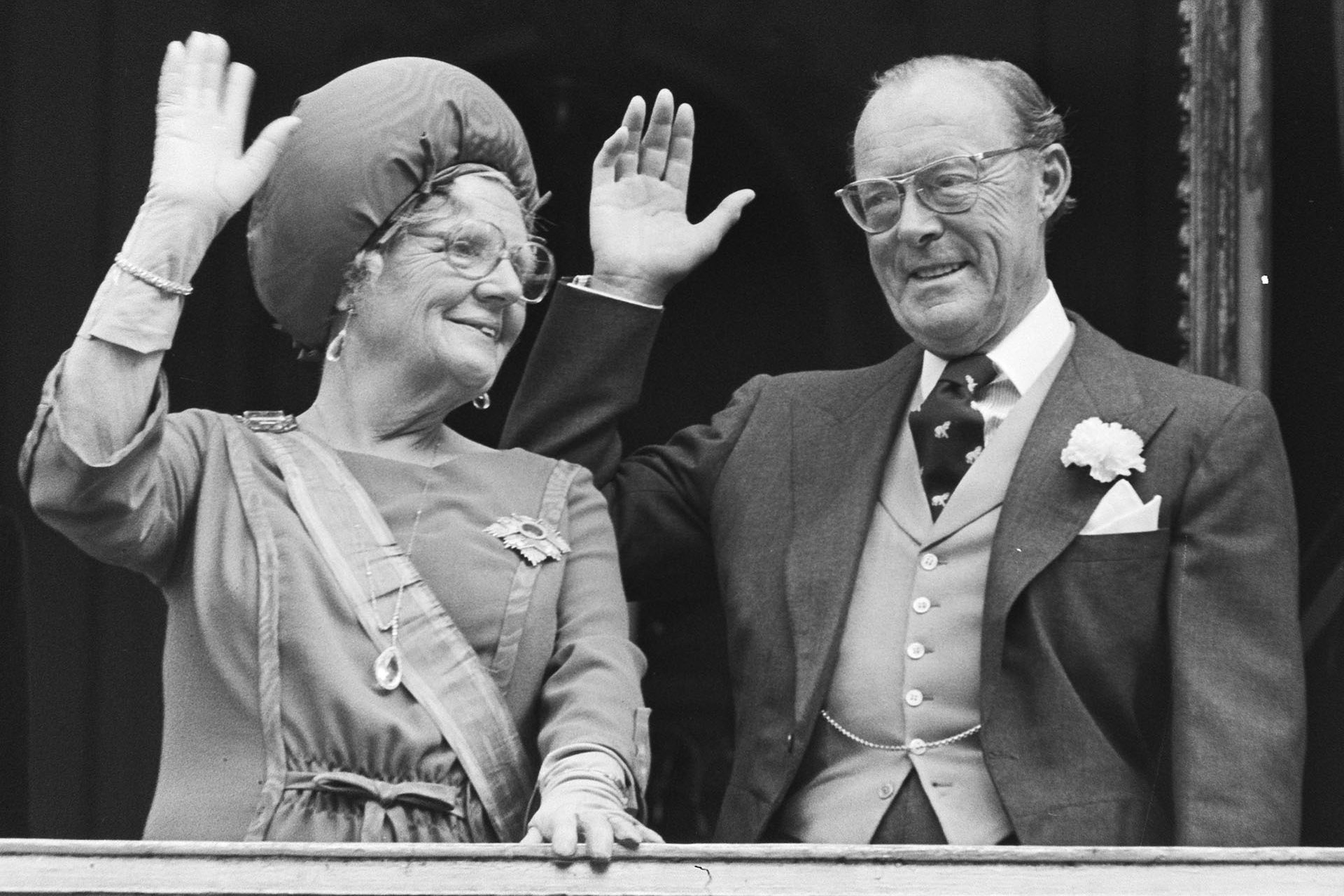A national socialist in the Dutch palace? Here's the (complex) story
Prince Bernhard (Bernhard of Lippe-Biesterfeld), the grandfather of the current King of the Netherlands, died in 2004 at the age of 93. Until his final days, the German-born prince always insisted that he was never a N a z i nor had any relationship with Adolf Hitler's party.
However, time and a series of documents have ended up exposing him. It has now been proven that the controversial Prince Bernhard was a member of the National Socialist German Workers Party (NSDAP in its German acronym), better known as the N a z i Party.
In the photo, Bernhard with his wife, Queen Juliana, in 1977.
The former director of the Dutch Royal Archives, Flip Maarschalkerweerd, found Bernhard's original NSDAP party membership card. The Prince had always kept the document in his personal archive while denying in public that he had anything to do with the National Socialists.
Maarschalkerweerd wrote about the document in the NRC newspaper as he was promoting his book 'De Achterblijvers' ('The Stragglers'). In the book, he reviews all the papers of Prince Bernhard that he was allowed to inventory.
According to the archivist, the card was part of a German file and accompanied by a note from 1949 signed by General Lucius Clay, the officer in charge of the American zone administration in Germany after World War II.
In that note written by Clay, he commented that they found the card in the prince's safe. He had kept it there with the intent to destroy it. Why the card still exists today, is anyone's guess.
The shock wasn't as big to most people either way. In 1990, a copy of that same card had already been discovered in the United States, linking Bernhard to Hitler's radical politics. However, at that time, as throughout his life, Bernhard denied all about it.
The copy was in a US archive because American forces copied the original document before returning it to Prince Bernhard.
And it would not be the only thing discovered at the time. Americans had also found a series of letters in which Bernhard indicated he wanted to end his membership of the N a z i party. They were dated around 1936, just a year before his marriage to Queen Juliana.
Six years after it appeared, two Dutch historians, Gerald Aalders and Coen Hilbrink, revealed the existence of that copy. They accused Prince Bernhard of his past affiliation and generated great controversy.
An interview in the Dutch newspaper De Volkskrant, published after the Prince died, shows him declaring forcefully: "I swear on the Bible that I was never a N a z i. I never paid party dues." Critics said at the time that he had given this interview to De Volkskrant to clear his name without getting any pushback anymore.
In the same interview, he did confess that he had tried to join the Sturmabteilung volunteer militia and the Schutzstaffel paramilitary group - both organizations linked to the N a z i party. He said he applied to the groups in order to graduate, as (according to Bernhard) it was difficult to do so without being involved in any of these N a z i - related organizations.
One of the two historians who revealed his affiliation in the 90s, Gerald Aalders, commented in NRC after the appearance of the original card that he now feels "vindicated."
"Bernhard called me from his deathbed trying to deny the undeniable," he said. He added that it was impossible for the card to be false, "because there are letters from the prince's friends writing that they had to destroy their own cards as members of the same party."
In any case, Prince Bernhard has gone down in the history of his country as a controversial man. He's remembered for issues such as having illegitimate children, for alleged bribery - obtaining a million dollars as a mediator for the Lockheed aircraft company - and for his love of hunting rare animal species while also representing the World Wildlife Fund.
Over the course of the Second World War, Prince Bernhard converted into something like a resistance figure, inspiring the Dutch rebellion against the German occupation. He also allegedly told his mother-in-law, Queen Wilhelmina, that she "could have played a different role" for the Jews of Holland in times of war. Wilhelmina 'ruled' from England during the German occupation of The Netherlands, and historians tend to agree that a relatively large percentage of Jewish people was taken away from The Netherlands.
The appearance of these official and real N a z i documents confirms that the role of Prince Bernhard in World War II was complex. Long considered a hero of the resistance, he eventually ended up being regarded as a charlatan at best and an enemy at worst.

